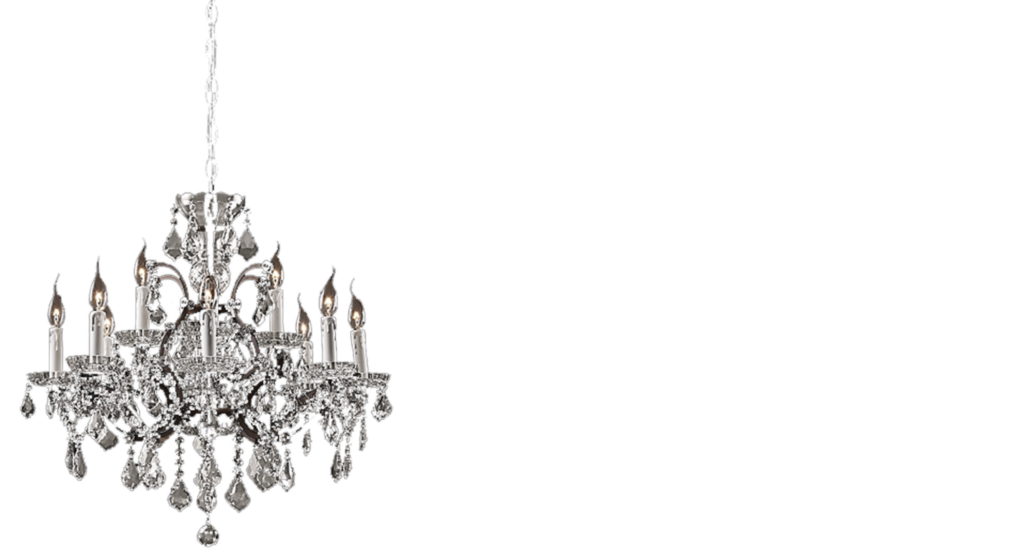Ketamine is a medication that has gained popularity for its off-label use in treating depression and other mental health conditions. While it has shown promise in alleviating symptoms where traditional treatments have failed, there is a concern about its potential for addiction. Ketamine is classified as a dissociative anesthetic and can produce feelings of euphoria and altered perception, which contributes to its abuse potential. However, when administered in a controlled, therapeutic setting by medical professionals, the risk of addiction is significantly minimized. Understanding the context and method of its use is crucial in evaluating its safety and efficacy for individual patients.
Determining if ketamine is right for you involves a thorough evaluation by a qualified psychiatrist. Factors such as your medical history, current mental health status, and previous treatment responses will be considered. While ketamine can be a powerful tool for those suffering from treatment-resistant depression or chronic pain, it is not suitable for everyone. A tailored approach, continuous monitoring, and a comprehensive treatment plan are essential to maximize the benefits and minimize any risks associated with ketamine therapy.
What is Ketamine?
Ketamine is a dissociative anesthetic initially developed in the 1960s and widely used in medical and veterinary settings for its anesthetic and pain-relieving properties. In recent years, it has gained attention for its off-label use in treating severe depression, anxiety, PTSD, and chronic pain. Ketamine works by blocking NMDA receptors in the brain, leading to rapid antidepressant effects that are often noticeable within hours, unlike traditional antidepressants that can take weeks to become effective. Its unique mechanism and fast-acting nature make it a valuable option for patients who have not responded to other treatments.
Types of Ketamine Used in Therapy
In therapeutic settings, two main types of ketamine are commonly used: racemic ketamine and esketamine. Racemic ketamine, often referred to simply as ketamine, is a mixture of two mirror-image molecules (R- and S-ketamine). It is typically administered intravenously (IV) or through intramuscular (IM) injections in controlled clinical environments. This form has been used extensively for its rapid antidepressant effects, particularly in patients with treatment-resistant depression.
Esketamine, on the other hand, is a more recent development and is available under the brand name Spravato. It consists solely of the S-ketamine molecule, which is believed to be more potent in its antidepressant effects. Esketamine is administered as a nasal spray and has received FDA approval specifically for the treatment of major depressive disorder (MDD) with acute suicidal ideation or behavior. Both types of ketamine are used under strict medical supervision to ensure safety and efficacy, offering hope to patients who have not found relief with traditional therapies.
Luxury Psychiatry provides ketamine therapy using Spravato. We invite you to learn more about our Spravato treatment for depression.
What Does Ketamine Treat?
Ketamine is used to treat a variety of mental health and chronic pain conditions, particularly those that have been resistant to traditional treatments. One of the most prominent uses of ketamine in recent years is for the treatment of major depressive disorder (MDD), especially in cases where patients have not responded to conventional antidepressants. It is also effective in treating treatment-resistant depression (TRD) and has shown promise in rapidly reducing symptoms of suicidal ideation, providing critical relief in emergency situations.
In addition to depression, ketamine is used to manage anxiety disorders, post-traumatic stress disorder (PTSD), and certain chronic pain conditions such as complex regional pain syndrome (CRPS) and fibromyalgia. Its ability to provide rapid and sustained relief from symptoms makes it a valuable tool for patients suffering from these debilitating conditions. The unique mechanism of action of ketamine, which involves modulating glutamate and NMDA receptors in the brain, distinguishes it from other psychiatric and pain management medications, offering new hope for those who have exhausted other treatment options.
Is Ketamine Safe?
Ketamine is generally considered safe when administered by medical professionals in a controlled clinical setting. The dosage and method of administration are carefully managed to minimize risks and monitor for any adverse effects. While recreational use of ketamine can lead to dangerous outcomes, including addiction and cognitive impairments, therapeutic use under strict supervision significantly reduces these risks. Patients are closely observed during and after treatment sessions to ensure safety and efficacy, making ketamine a viable option for many individuals suffering from treatment-resistant mental health conditions and chronic pain.
Can I Get Addicted to Ketamine During Therapy?
The risk of developing an addiction to ketamine during therapy is generally low when the treatment is administered in a controlled, medical setting. Therapeutic doses of ketamine are carefully calibrated and administered under the supervision of experienced healthcare professionals, significantly reducing the likelihood of abuse and dependency. Unlike recreational use, which often involves higher doses and frequent usage, medical use is structured and monitored, ensuring that the benefits outweigh the risks.
However, it’s important to acknowledge that any substance with psychoactive effects carries some risk of addiction, even in therapeutic contexts. Patients are regularly evaluated for signs of misuse, and the treatment regimen is adjusted as necessary to maintain safety. Open communication with your healthcare provider about your concerns and experiences with ketamine is crucial to ensure the treatment remains both effective and safe. At Luxury Psychiatry Clinic, comprehensive care protocols are in place to support patients and minimize any potential risks associated with ketamine therapy.
Fight Depression with Ketamine Therapy
Ketamine therapy has emerged as a groundbreaking treatment for individuals battling severe depression and other mental health conditions, particularly when traditional therapies have proven ineffective. Its rapid-acting nature and unique mechanism of action offer hope and relief to those who have struggled with persistent symptoms. At Luxury Psychiatry Clinic, we utilize both racemic ketamine and esketamine, providing personalized treatment plans tailored to each patient’s needs. Our commitment to safety and efficacy ensures that patients receive the best possible care in a controlled, therapeutic environment.
If you or a loved one is struggling with treatment-resistant depression, anxiety, PTSD, or chronic pain, ketamine therapy could be a transformative solution. Don’t let depression control your life any longer. Take the first step towards recovery and a brighter future by scheduling an initial consultation with our expert team at Luxury Psychiatry Clinic. Discover the potential of ketamine therapy to bring you the relief and hope you’ve been searching for.




























